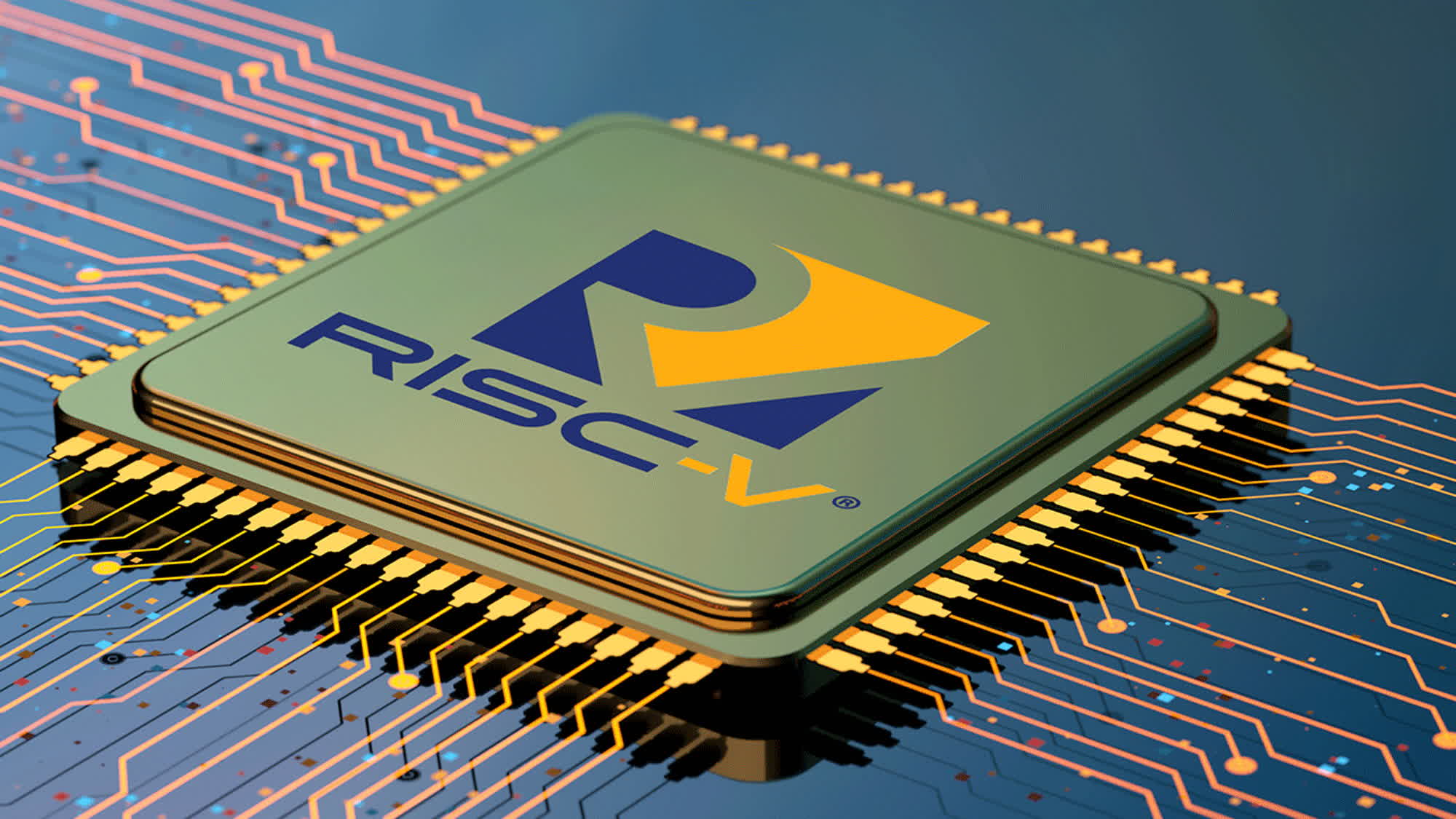Why it matters: Support for RISC-V is gaining momentum. The open standard instruction set architecture (ISA) derived from RISC wants to compete with Arm and the other big ISA standards on the market, and it could soon have the money to do so.
Five big players in the chip market have formed a new alliance to promote the RISC-V architecture, aiming to push the royalty-free technology as a viable (and inexpensive) choice for next-generation hardware development. The new company will be established in Germany, with a mission to turn RISC-V into a proper cutting-edge technology for new devices and microchips.
The RISC-V alliance will get its funding and know-how from Bosch GmbH, Infineon Technologies AG, Nordic Semiconductor, NXP Semiconductors, and Qualcomm Technologies. The new company will work as a "single source" of reference designs for new RISC-V chips for the wider industry to use. Initial applications will focus on automotive solutions, Qualcomm said, while an "eventual" expansion in the mobile and IoT businesses is already being planned.
Detailed information about the new venture is still vague, likely because the company needs to get proper regulatory approvals in "various jurisdictions" first. As confirmed by Infineon, the RISC-V alliance will not manufacture any actual chip but it could operate more like a consulting entity. The company will produce new chip designs based on the RISC-V ISA, giving third-party organizations the chance to adopt them as a novel industry standard.

Qualcomm said that further adoption of the RISC-V technology can promote diversity in the electronics industry, reducing entry barriers for smaller companies and start-ups. Meanwhile, already-established corporations could enjoy increased scalability. The company is also calling on industry associations, leaders and governments to join the effort and increase the resilience of the semiconductor ecosystem.
Qualcomm's involvement in the new RISC-V alliance is particularly noteworthy, as the San Diego-based corporation is one of the largest manufacturers of mobile chips based on the Arm architecture. Qualcomm is involved in a legal dispute with the UK chip designer over licensing issues, and it could favor the RISC-V architecture over Arm for its new Snapdragon SoC chips in the future.
According to a statement provided by Qualcomm SVP of Product Management Ziad Asghar, RISC-V's open-source instruction set will increase innovation and has the potential to "transform the industry."
